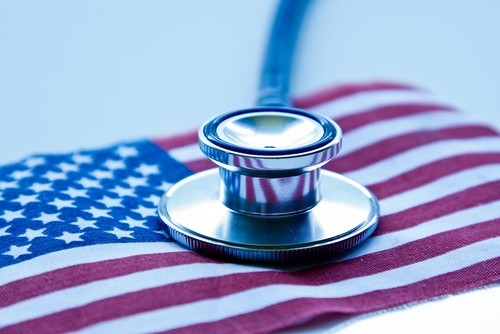Here are Charles Silver & David A. Hyman explaining well-described nasty surprises in our government-wrecked health care system — an issue area where conservatives have failed miserably in the information war:
A lack of market competition has allowed hospitals to thrive while patients get hit with exorbitant, unexpected, unfair bills.
Editor’s Note: The following excerpt is adapted from Overcharged: Why Americans Pay Too Much for Health Care. It appears here with permission.
If you’ve ever been in a collision, you’ve probably dealt with a body shop. In all likelihood, the process went smoothly. You paid your deductible, your insurer paid the rest, and that was the end of the financial side of the repair.
Health care works differently. After eight-year-old Ben Millheim injured himself during a camping trip, his family was stuck with a $32,000 bill from the sky-ambulance company that flew him 88 miles to a hospital in St. Louis. That was the balance that remained after the Millheims’ insurer paid $12,000 for the service. Elizabeth Moreno was stuck with a bill for $17,850 because a physician asked her to provide a urine sample. She didn’t know that the doctor’s testing lab was out of her insurance network. Moreno’s insurer, Blue Cross Blue Shield of Texas, which would have paid an in-network lab $101 for the service, refused to cover the bill at all. Fearing for his daughter’s credit rating, Moreno’s father bargained the bill down to $5,000 and paid.
The Millheims and Morenos are but two of the tens of thousands of families who receive surprise medical bills every year. These are “balance bills,” that seek to hold patients responsible for charges their insurers won’t pay. The problem is so bad and so widespread that, as of 2017, 21 states had sought to protect patients by requiring insurers and providers to participate in arbitration or mediation. Several more states, including Georgia, New Hampshire, and New Jersey are considering similar legislation. Unfortunately, even in states that have enacted legislation, many patients are still at risk of receiving surprise bills. For example, some states’ laws cover bills sent out by physicians in emergency departments (“EDs”), but exclude bills sent by physicians who see patients that have been admitted to the hospital.
Read more: National Review

